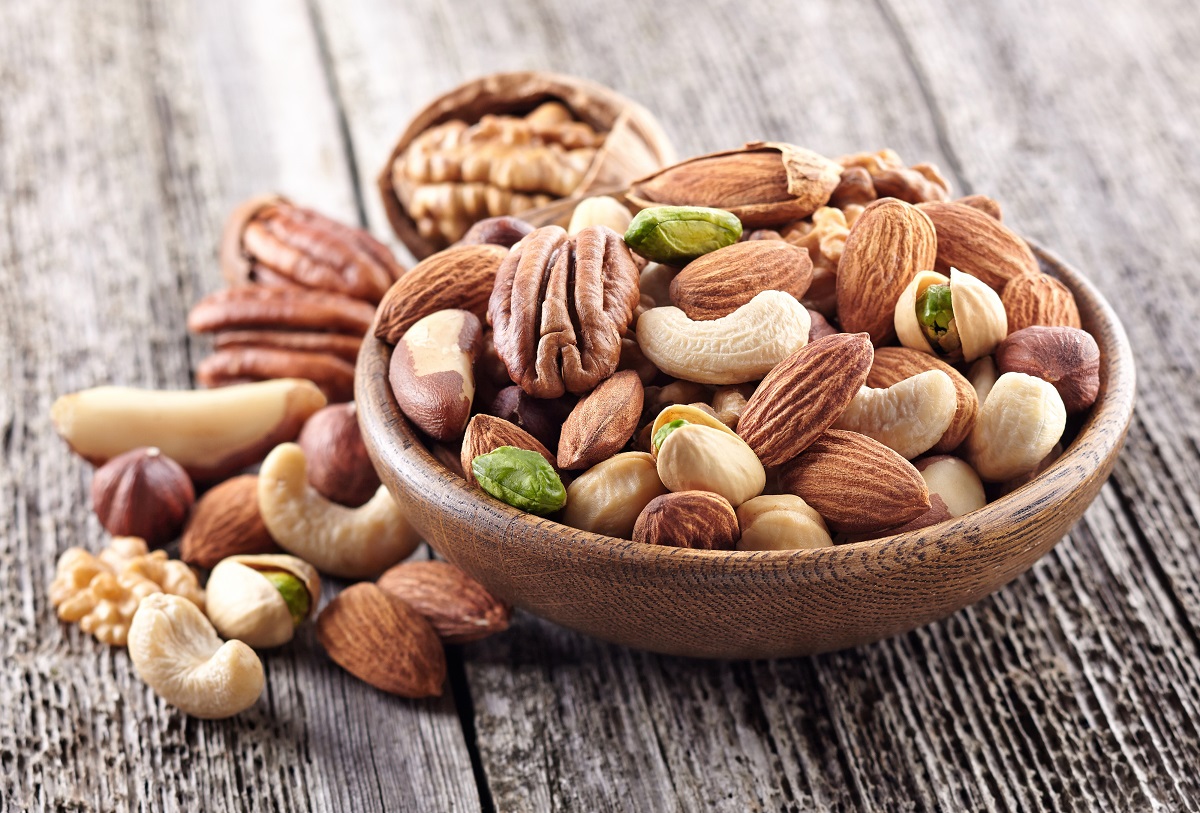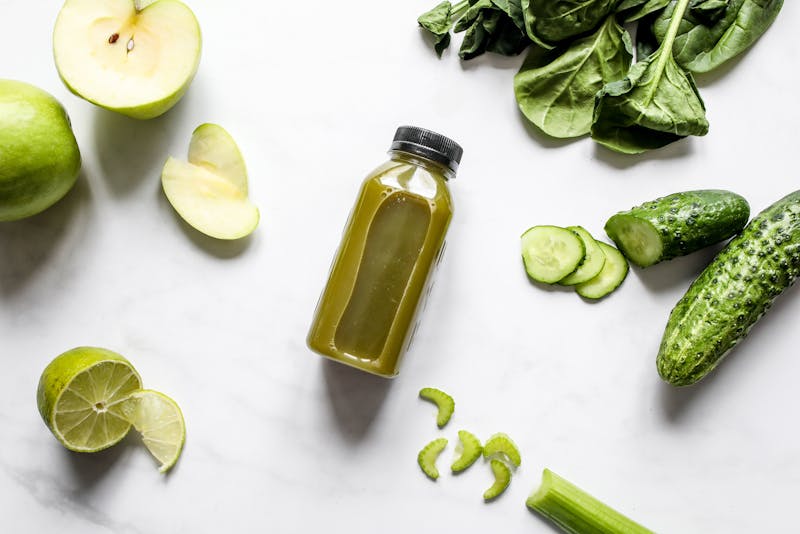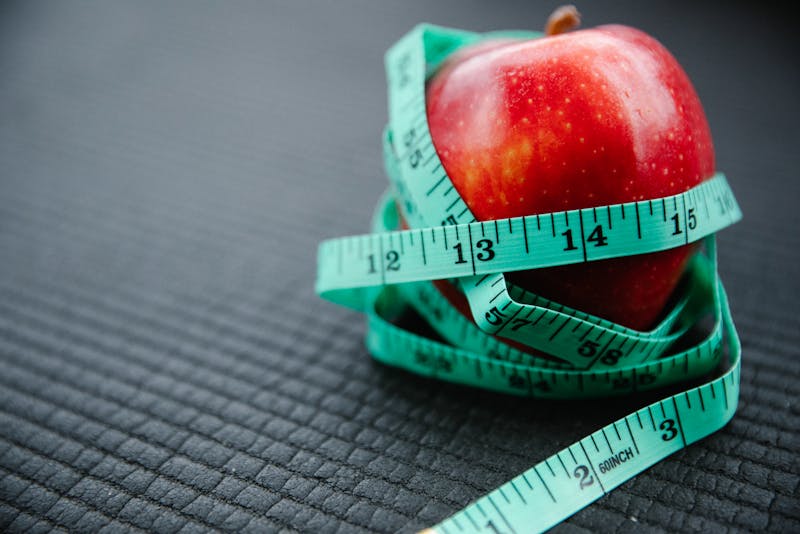“Fat” has somewhat become a generalized term for a content in food that makes us gain weight, stock up on cholesterol, and at risk of various illnesses. But the truth is, not all fats are the same, and there are good and bad ones.
All of us need fat in our body to function. The key is to mostly consume sources of good fats so we can maintain our good health. Too much bad fat in our bodies will not only add our weight but will also heighten our bad cholesterol levels, which can make us susceptible to diseases like stroke and diabetes.
So, what are the sources of good fats? What about the bad?
Good Fats
Good or healthy fats are more scientifically known as monounsaturated and polyunsaturated fats. Monounsaturated fat is among the healthiest of all fats, according to a senior dietician and assistant professor. The sources of this healthy fat are as follows:
-
Olive Oil
Extra-virgin olive oil is also packed with vitamins E and K and potent antioxidants. It’s associated as well with lower risks of heart disease and death among those with high risks of contracting cardiovascular conditions. If you’re consuming olive oil regularly, do so sparingly.
One tablespoon contains 14g of monounsaturated fat and 120 calories, which should be enough for cooking and dressings. There are also flavor-infused olive oils that you can get in Utah or other states. You might want to try those for an extra spice kick.
-
Olives
Olive is also rich in fiber, and recent research suggested that it might help prevent diabetes as well. 5 large or 10 small olives is the standard portion because olives are also high in sodium, so eating too much of it isn’t advised.
-
Avocado
Avocado is sodium-free, so you can eat an entire medium-sized fruit without guilt. On top of that, one medium avocado supplies 40% of our daily fiber needs. It’s also a source of lutein, potassium, and antioxidants.
-
Nuts

Almonds, peanuts, macadamia, cashew, pecans, and hazelnuts should be part of your everyday snacks. A serving of 1/4 cup daily is enough to provide you with all their health benefits.
-
Seed Butter
Look for almond, cashew, or sunflower seed butter. Two tablespoons of seed butter spread on toast give you a good dose of both monounsaturated and polyunsaturated fats.
Polyunsaturated fats are found in omega-3 and omega-6 acids, which are essential for brain function and cell growth. Sources of this healthy fat are as follows:
-
Fatty Fish
Fresh (not canned) tuna, salmon, mackerel, herring, sardines, and trout are packed with omega-3 fatty acids. The American Heart Association recommends 2 servings of fatty fish weekly for us to get the best of their benefits. Fortunately, a number of tasty dishes can be made with those fatty fish!
-
Flaxseed
Flaxseeds are also fiber-rich. 2 tablespoons of it contain up to 9g of polyunsaturated fat, plus 5.6g of fiber. They can be blended into smoothies, oatmeals, and baked goods.
-
Walnuts
Like the nuts mentioned previously, walnut also deserves a spot in your everyday nibbles. They’re one of the best sources of omega-3. You can also make delectable nut butter out of them.
-
Tofu
Tofu is a source of both polyunsaturated and monounsaturated fat. A 100g serving is packed with 4g of healthy fats, 1/4 calcium, and 11g of protein. They’re also perfect red meat substitutes, so if you plan on going vegetarian or vegan, tofu will be handy.
Bad Fats
Bad fats are trans fat and saturated fat. You may usually see them at the back of food packaging, in the nutrition facts section. Commercial baked goods, packaged snacks, margarine, vegetable shortening, fried food, and hydrogenated vegetable oil are full of trans fat, while red meat, chicken skin, dairy, lard, and tropical oils are packed with saturated fat.
Based on these facts, comfort and tasty food turn out to be mostly bad for us. Consume them less and go for healthier alternatives. Our bodies will thank us and rejoice in no time.





